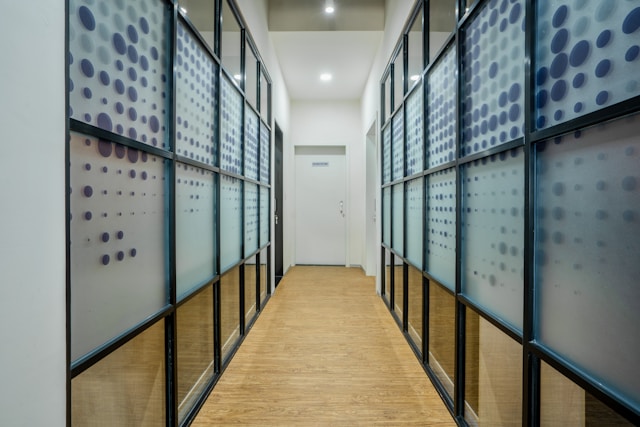
Farmland in rural North Louisiana is rapidly transforming into one of the nation’s newest data center battlegrounds. A sprawling area of Richland Parish, once known for quiet fields, is now undergoing massive change after Meta broke ground on its $10 billion “Hyperion” data center. The influence has been immediate and dramatic. In a parish of just over 20,000 residents, “5,000 out-of-state construction workers are projected to be working here at the project’s peak.” The promise of jobs and new economic activity is enticing local leaders—yet policy experts warn states to tread carefully.
.jpg)
Meta didn’t choose Louisiana because of its culture, climate, or cuisine. As the author explains, “Louisiana gave Meta what it wanted in tax breaks.” In just weeks, state lawmakers altered a bill originally designed to support rural broadband rebates and instead tailored it to subsidize data center construction. The pivot was so abrupt that no financial impact assessment was produced. “No one knows how much this will cost the state,” the report notes, adding that neither residents nor legislators will learn the real amount of lost public revenue until Meta files for its sales tax rebates in future years.
Louisiana’s situation reflects a national trend. Governments across the country are racing to lure data centers from tech giants like Google, Meta, and OpenAI, often deploying massive subsidy packages without fully assessing long-term effects. According to a report cited in the article, “at least 10 states are already losing more than $100 million each in revenue a year from these tax breaks”—money that could otherwise support schools, infrastructure, and public services. The boom is fueled by AI technology, which requires exponentially more computing power. In fact, Texas “saw its annual cost estimates grow from $130 million to over $1 billion in the span of 23 months.”
Yet despite the public spending, data centers create strikingly few full-time jobs. Most positions are temporary construction roles. As the piece notes, “Meta, instead, is only required to create 500 full-time jobs by 2035 to receive the maximum amount of tax breaks.” Even as one of the world’s largest data centers, Hyperion’s workforce needs will remain modest. This follows industry norms: “even large data centers generally employ less than 150 people,” leaving states with enormous costs per permanent job created.

The public risks extend beyond tax revenue. Power demands from data centers are staggering. States often lack existing energy infrastructure and are forced to expand capacity for the sole benefit of a single corporation. In Louisiana, “Entergy is building three new gas-fired power plants just for Meta’s data center, which is projected to use more than three times the electricity of New Orleans on any given day.” Consumers, not tech giants, shoulder these utility costs. The report warns that residents elsewhere have faced electricity bill increases that “double and even triple over the last five years” in areas hosting large data centers. For regions like Richland Parish, “where 25 percent of people live below the poverty line,” such hikes could further push vulnerable households into hardship.
Environmental consequences are compounding concerns. More than half the energy powering U.S. data centers comes from fossil fuels, a footprint already resulting in “over 100 million tons of carbon and other pollutants into the atmosphere each year.” With new power plants being built specifically to serve future data centers, emissions are expected to soar. Water challenges are also growing, as these facilities require enormous volumes to cool servers, in some cases using “as much water as a small town.” These demands threaten water quality and availability for surrounding communities.
With billions flowing to some of the world’s richest corporations, policy experts argue that states must reconsider their approach. The author concludes that governments should halt subsidies and rethink priorities: “States need to put their own residents first to ensure that they’re protected from negative externalities of the data center industry.” Otherwise, they warn, states could ignite “a race to the bottom, draining revenues and pocketbooks.”
Data centers are undeniably crucial infrastructure for AI, cloud services, and modern computing, but policymakers face a complex trade-off. Subsidies meant to spur economic development may accelerate corporate growth while leaving taxpayers with infrastructure burdens, long-term expenses, and limited job opportunities. Experts suggest future incentives should be tied to local hiring, energy efficiency requirements, and transparent reporting to ensure benefits outweigh costs.
Originally reported by Page Gray, Policy Intern in ITEP.